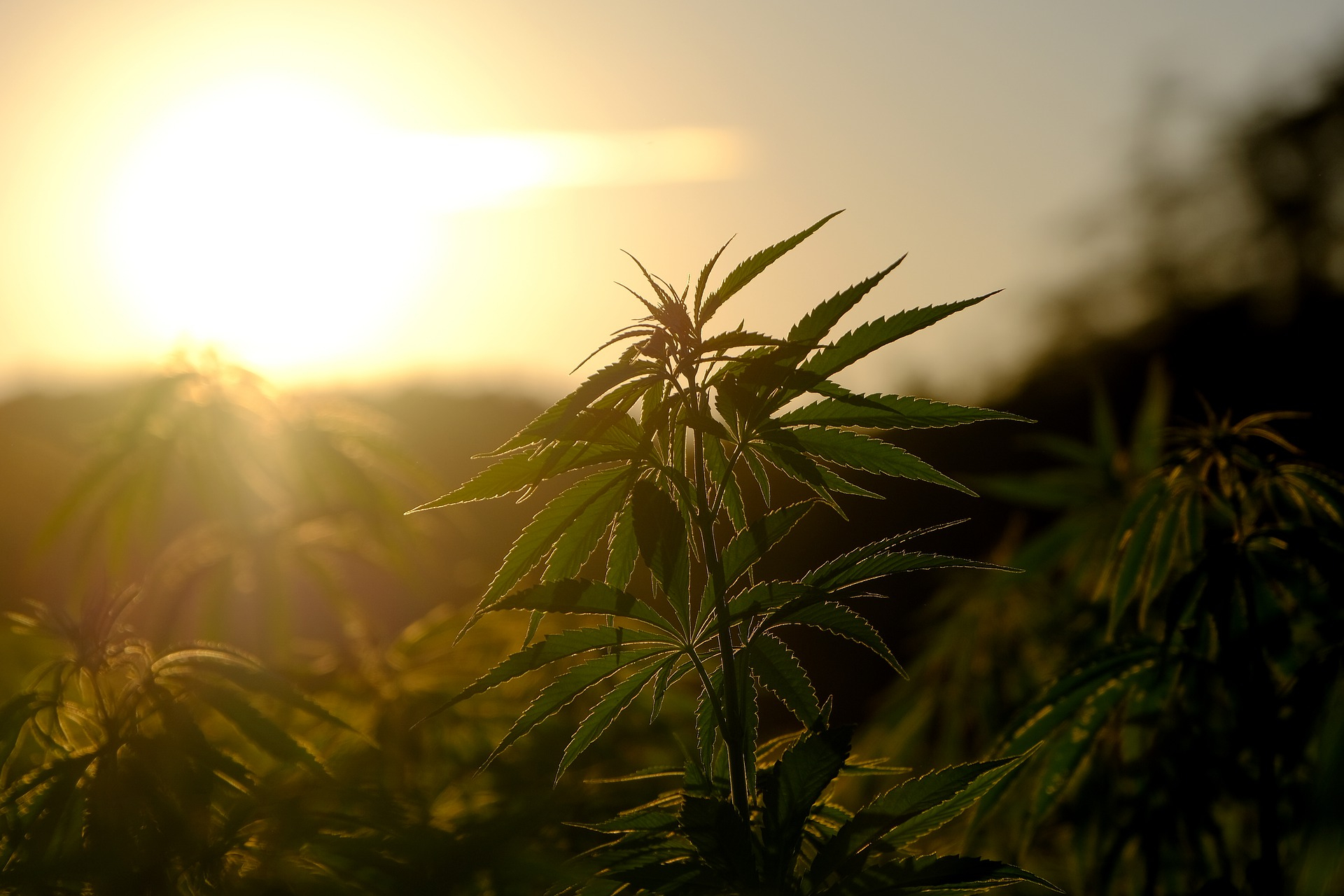July Is National Hemp Month

Parades, fireworks, and barbecues aside, July is notable for two other commemorative events much newer to the calendar than Independence Day. July is National Hemp Month, and the period from July 17-23 has been designated as Hemp History Week. National Hemp Month is the brainchild of cannabis company cbdMD, initiated on February 4, 2019 to promote the benefits and dispel myths surrounding hemp-based products. Hemp History Week is in its 12th year as an industry-wide, week-long educational campaign about hemp. As stated by its website, “The campaign aims to raise awareness about the environmental, sustainability, health benefits, regenerative agricultural potential, and new technological applications of industrial hemp.”
Hemp is thought to have first made the scene as early as 8,000 B.C. in Asia. The Chinese were the first people to be associated with cannabis and “Ma” is the Chinese word for hemp. Once the Chinese discovered the dioecious nature of the plant, the males were called his and the females were chu. The Chinese knew that the male plants were best for fibers for clothes, while the female plants made better seeds. The men would harvest the hemp, but the women were the weavers. They would begin weaving in autumn and through winter in order to make their own clothes and to sell whatever was leftover.
Fast forward to America and most pre-Revolution pioneers processed their hemp for their own purposes leaving little left over to sell. England may have wanted its colonies to send hemp back, but little was leaving the new country. The Americans were getting so good at making their own hemp products that they began importing less from England. The Americans were even moving beyond personal production and moving towards the manufacturing of hemp products. In 1718, a number of Irish spinners and weavers arrived. These women showed the colonists how to produce even finer hemp fabrics causing a spinning craze among the Boston women. The 1765 Boston Stamp Act caused a boycott of English products, which pushed the colonists to make even more hemp clothes.
Farmers were even required to grow hemp or be fined. Clothing, ropes, ship sails, currency, and paper were all made out of hemp in America. It was one of the most important crops in building the strength of the early days of the United States.
That is until it was ultimately made illegal in the 1930s. The most popular narrative is that the Department of Prohibition in D.C. found itself at loose ends after Prohibition ended and started to target marijuana in order to justify the human and economic resources required to keep the department going. D.O.P. head Harry Anslinger went to great lengths to demonize marijuana in the eyes of the American public, but some economists and historians also suspect that the that the prohibition was due to powerful political and economic interests around oil, timber, and cotton. Whatever the reason, hemp took a major hit and is still struggling to recover its reputation and standing in the marketplace.
The 2018 passage of the Farm Bill with the Hemp Farming Amendment intact removed hemp from the Controlled Substances Act, and since then the industry has grown by leaps and bounds in sectors ranging from health and wellness to textiles and building materials like “hempcrete”. Cannabis companies like Colorado-based Receptra Naturals are enthusiastically jumping on board to offer discounts during National Hemp Month and events are popping up around the country in a targeted effort to celebrate and educate people about the history of hemp. In past years, product manufacturers such as Dr. Bronner’s, Nutiva, and Manitoba Harvest have offered discounts to celebrate hemp.
Whether by encouraging hemp consumers to continue supporting the industry with their purchases or educating the populace on hemp’s role in the past, present, and future of the U.S., cbdMD and the industry collective supporting July’s hemp-positive calendar commemorations are hoping that targeted efforts to raise awareness and garner voter support for hemp will make 2021 one that will go down in Hemp History as one that established hemp as an economic and agricultural staple in the United States.
420 Intel is Your Source for Marijuana News
420 Intel Canada is your leading news source for the Canadian cannabis industry. Get the latest updates on Canadian cannabis stocks and developments on how Canada continues to be a major player in the worldwide recreational and medical cannabis industry.
420 Intel Canada is the Canadian Industry news outlet that will keep you updated on how these Canadian developments in recreational and medical marijuana will impact the country and the world. Our commitment is to bring you the most important cannabis news stories from across Canada every day of the week.
Marijuana industry news is a constant endeavor with new developments each day. For marijuana news across the True North, 420 Intel Canada promises to bring you quality, Canadian, cannabis industry news.
You can get 420 Intel news delivered directly to your inbox by signing up for our daily marijuana news, ensuring you’re always kept up to date on the ever-changing cannabis industry. To stay even better informed about marijuana legalization news follow us on Twitter, Facebook and LinkedIn.




